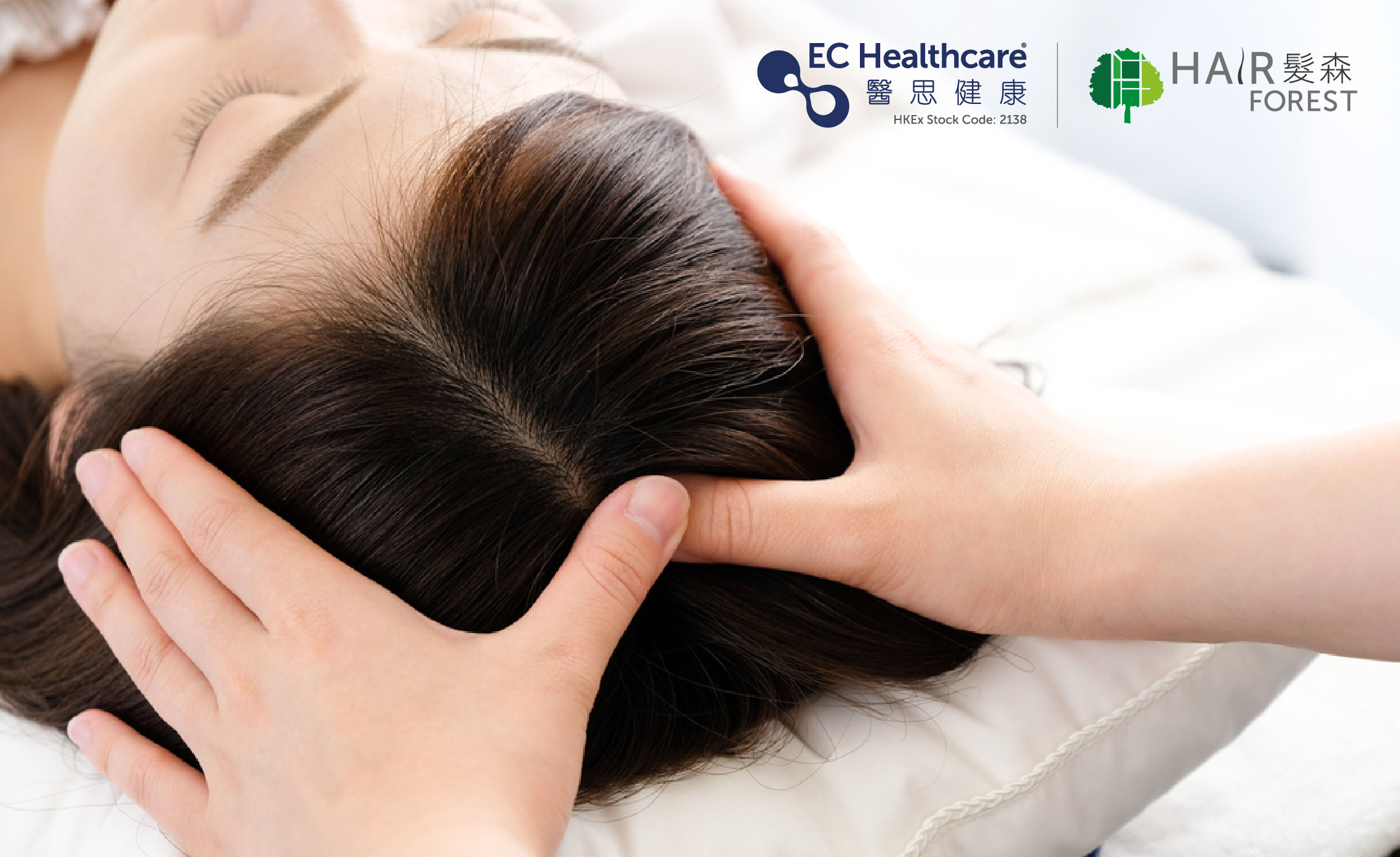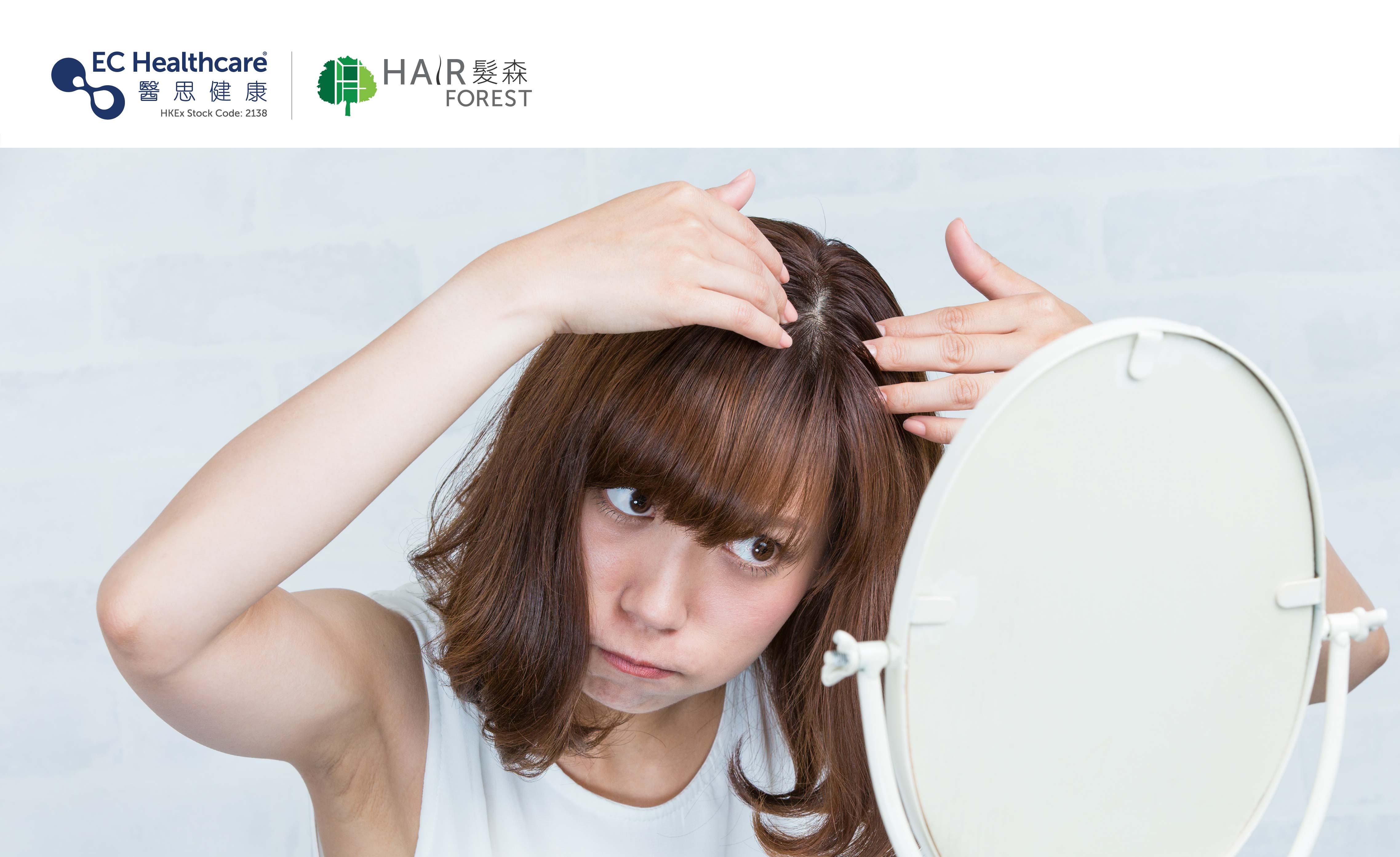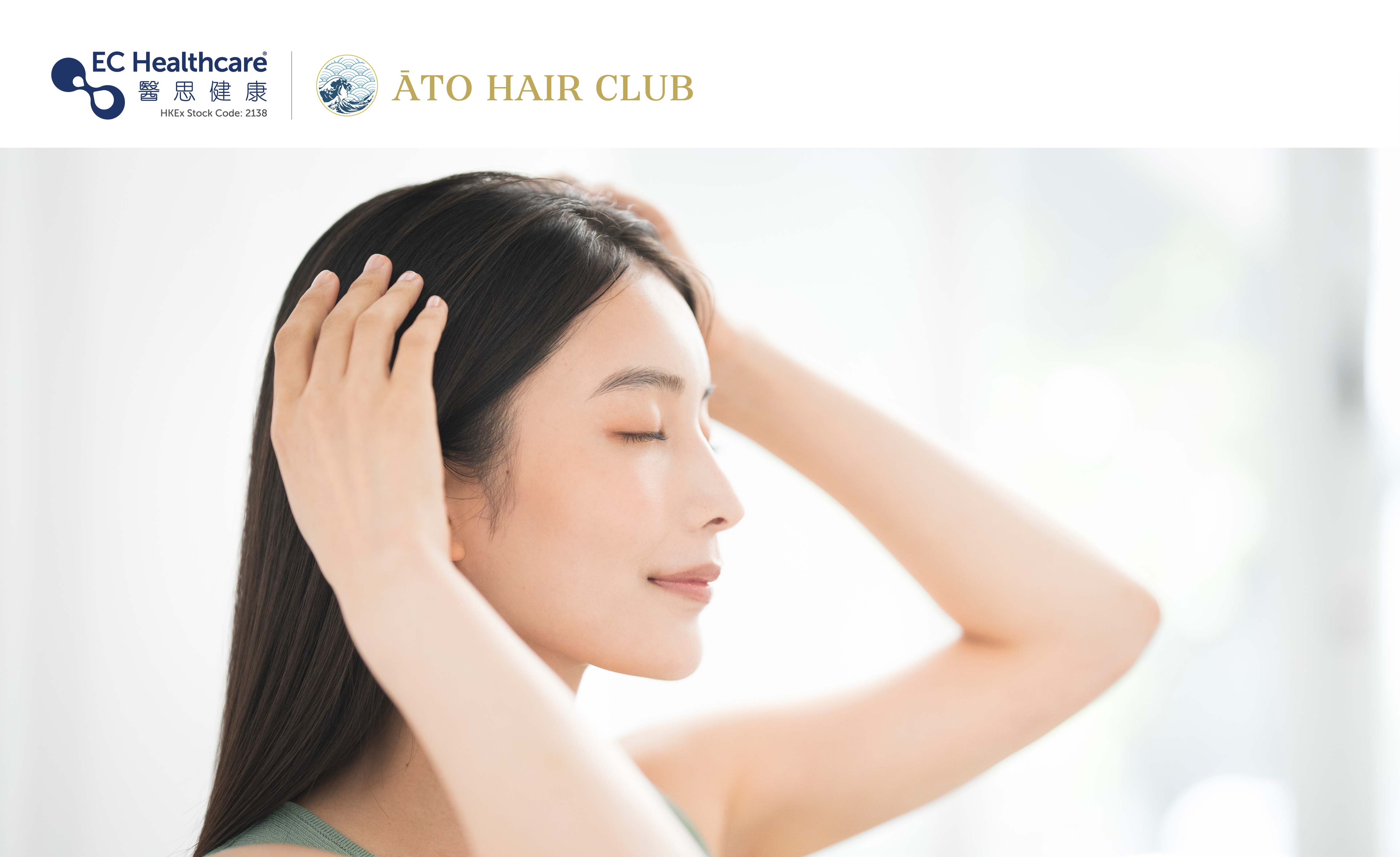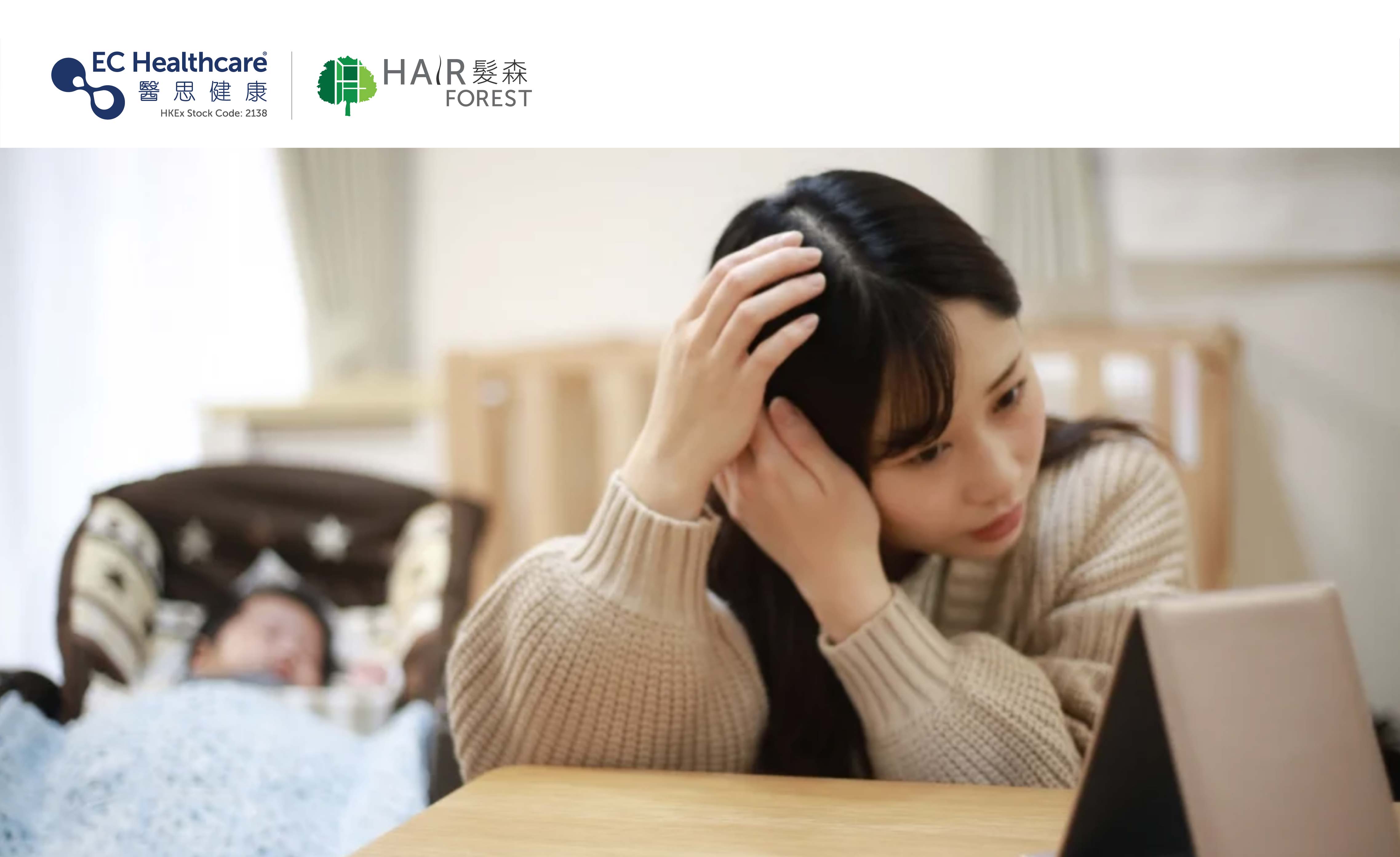Upgrade Your Hair Care Routine! 6 Essential Steps & Recommended Hair Growth Treatment


The wet and humid climate in Hong Kong, severe air pollution, the use of hair styling products…these are the reasons why you always find dust, dirt and bacteria on your hair after a day out. This makes hair washing a daily necessity to keep your scalp clean. Although you wash your hair every day, do you know how to care for your hair and scalp in the right way? Today, let’s learn about the 6 essential steps of scalp care to truly protect its health!

Identify your scalp type

You have to know your skin type before choosing your cleansing products – your scalp is not an exception! You need to find out your scalp type: whether it is dry, oily, balanced, combined, flaky (dandruff) or sensitive scalp that is prone to irritation. Every scalp needs a different way of washing and nourishing. If you want to know more about your scalp type, you may seek help from a hair care professional for analysis and examination!
Choose a proper shampoo

You can now choose the right shampoo according to your scalp type. If you have a dry scalp, you should use shampoo dedicated to dry scalp. Yet, to boost sales, some shampoos on the market have added fragrances and other chemicals that may irritate the scalp. You should choose a shampoo with simple and natural ingredients.
Picks for different scalp types:
Oily scalp: Deep cleansing is necessary. Use light shampoo to remove excess oil, dead skin cells and chemical residue.
Dry scalp: Avoid using strong shampoo and use nourishing shampoo instead to maintain the oil-water balance in the scalp.
Balanced or combined scalp: Choose a mild cleansing shampoo with no chemical ingredients.
Flaky scalp: Use anti-dandruff shampoo that can relieve itchiness and deeply moisturise the scalp.
Sensitive scalp: Use mild cleansing shampoo to avoid irritating the scalp. In case of occasional inflammation, you may use medical shampoo to relieve the discomfort, but it is not recommended for prolonged use as the scalp may develop drug resistance. If you experience persistent discomfort, consult a hair care specialist for examination and treatment.
Clean your scalp and hair

Washing your hair is not merely rubbing your hair with shampoo. Before hair washing, you should first comb your hair to unravel the knots and then comb from the roots towards the ends to remove the dirt on the surface.
Now, you can wash your hair in two sessions. During the first session, wet your hair with warm water and rub a small amount of shampoo on your palm until it becomes foamy. Then, scrub your scalp with the foam, and rinse with warm water after 30 seconds to remove the dirt in the inner layers of hair. The second session is similar. This time, you should cleanse your hair roots more carefully and massage your scalp at the same time. Rinse with warm water after 1 minute.
Repair damaged hair

Hair nourishment focuses on the outmost hair cuticle. If your hair is already glowy and silky, you can pay less attention to this step. In contrast, if your hair is dry and develops split ends, you should make hair nourishment a routine. After washing your hair, wrap it with a towel and blot it lightly to dry the moisture, and then apply hair care products. As the application varies with different types of products (e.g., hair masks and hair oil), you should read the instructions carefully before use.
Blow-dry your hair

Many people want to speed up drying time and bring the dryer close to the hair. Yet, a high temperature will damage our hair strands. The best way is to keep your hair dryer 10-15 cm from your hair. Blow-dry your scalp and hair roots first, and switch to cold air when the hair becomes 70% dry. Then, grasp the hair strands with your fingers and dry them from the roots to the bottom. This can help tame frizzy hair and restore its glow.
Smooth your hair

Comb your damp hair with a wooden comb to get rid of static. Combing your hair can also massage the scalp and enhance blood circulation, which helps maintain silky and healthy hair.
Care for your scalp anytime at home
Hair Forest’s RGA Laser Cap for Hair Regrowth

Apart from the above 6 hair care steps, you can also consider receiving low-level laser therapy to safeguard your hair health. You will wear a helmet-like device which emits laser beams to stimulate hair follicles for growth and boost cell metabolism at the same time, giving you healthy and glowy hair.
Hair Forest newly introduces RGA Laser Cap for Hair Regrowth with 2 variations, each containing 81 and 272 laser diodes with 650 nm wavelength respectively. They emit low-energy laser beams that penetrate the hair surface into the scalp to repair damaged hair follicles and increase the oxygen content inside them. Wearing the cap for 8 minutes once a day can effectively relieve scalp inflammation, oily scalp and hair loss problems, giving you a medical-grade hair care experience anytime, anywhere.
- FDA-approved (USA)
- Home-use low-level laser therapy for hair growth
- Activates cellular ATP production and stimulates metabolism
- Unique laser energy that guarantees no damage to skin cells, and a non-invasive and pain-free process
- Relieves scalp inflammation
- Prevents and improves hair loss problem
- Can be used with medications to enhance the hair growth effect






